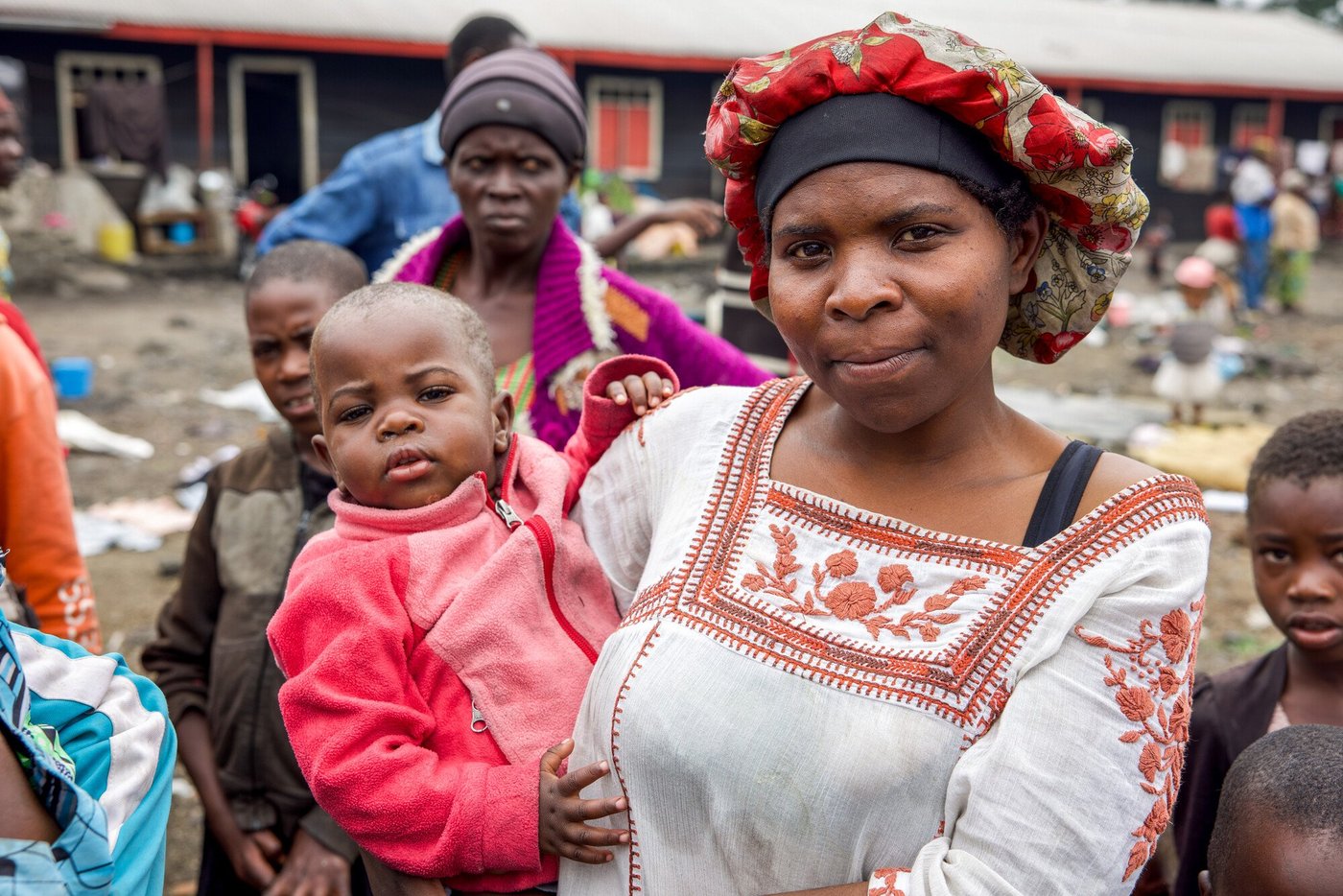“We urgently need two things to support the most vulnerable people in DR Congo: unimpeded access and adequate funding that supports both immediate relief and long-term recovery,” said Eric Batonon, NRC’s Country Director for DR Congo.
“The Great Lakes Conference is a crucial opportunity for States to push for safe, unhindered access by road, by air, and by reducing administrative barriers, so that aid can reach those most in need. At the same time, states must commit to increased and sustained funding. The conference must deliver more than words. It must deliver hope - and real commitments - for the millions of Congolese who have endured decades of conflict and neglect.”
For nine consecutive years, the DR Congo has featured on NRC’s annual list of the world’s most neglected displacement crises. Decades of instability, underfunding, and weak international engagement have left millions of Congolese trapped in cycles of displacement and poverty.
Today, DR Congo faces one of the largest displacement crises globally, with 5.7 million people internally displaced, including more than two million newly displaced since the start of 2025. Fighting continues across multiple fronts; clashes between armed groups and government forces in the Kivus, and escalating violence in Ituri, have uprooted entire communities and destroyed critical infrastructure. In addition, two million people have returned home since January 2025, often to areas devastated by conflict and deprived of basic services – leaving both returnees and host-communities in urgent need of support.
“DR Congo is one of the most horrific examples of the consequences of the lack of funding for aid, which is hitting neglected crises hard. Of the 21 million people in the country in need of humanitarian support, fewer than seven million are currently targeted for assistance – and even that plan remains severely underfunded,” said Batonon.
“The human cost is staggering. Many children have no access to education, displaced families are left without a proper roof over their heads or access to clean water and sanitation. There is also insufficient investment in protection and local conflict resolution.”
Schools have become one of the frontlines of the conflict. By late August, over 3,000 schools were closed in North and South Kivu, leaving 1.3 million children out of school.
Chantale Tsesi Ndangosi, Director of the Amani Gok Primary School in Djugu, Ituri, described the impossible conditions teachers and pupils face: “Our school was destroyed by armed men during the fighting. Today, where we are, we use shops and residential houses as classrooms, and some classes are held under trees. And now we are already being threatened with eviction.”
As of October, just 400 million US dollars have been received for humanitarian assistance in 2025 - 16 per cent of what the UN and partners appealed for at the beginning of the year.
“The current humanitarian funding for DR Congo equals about five cent per person in need per day. It is a stark illustration of the international community’s neglect of this mega crisis. It’s time to turn this around,” said Batonon.
Note to editors:
- More information about the conference is available here.
- As of 27 October, only 16 per cent of the humanitarian response plan was financed. Only 412 million US dollars have been provided out of the 2.5 billion US dollars needed at the beginning of the year (UN Financial Tracking Service).
- In the original Humanitarian Needs and Response plan, UN and humanitarian partners aimed to reach 11 million out of 21.2 million people in need of humanitarian assistance (Humanitarian Needs and Response Plan 2025).
- In a new hyper-prioritised plan, UN and humanitarian partners aim to reach fewer than seven million people (Reprioritised Humanitarian Needs and Response Plan 2025).
- 5.7 million people are internally displaced, including more than 2 million newly displaced since the start of 2025 (Key humanitarian figures – September 2025).
- 2 million people have returned home since January 2025 (Key humanitarian figures – September 2025).
- Over 3,000 schools were closed in North and South Kivu by late August 2025, leaving 1.3 million children out of school (incidents against education – DRC Education Cluster).
- DR Congo has featured on NRC’s neglected displacement crises list for nine consecutive years (NRC’s neglected displacement crises report 2024).
For more information or to arrange an interview, please contact:
- NRC global media hotline: media@nrc.no, +47 905 62 329


